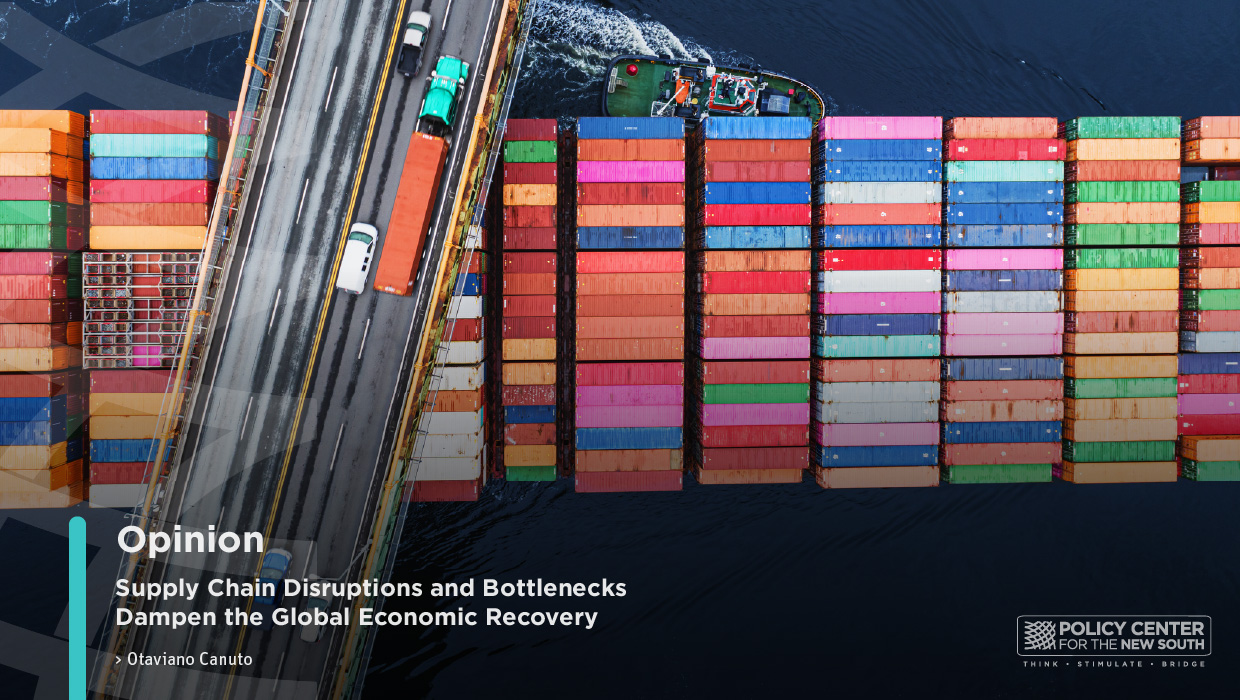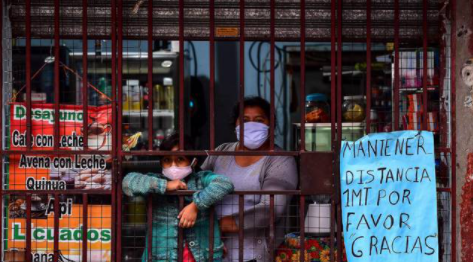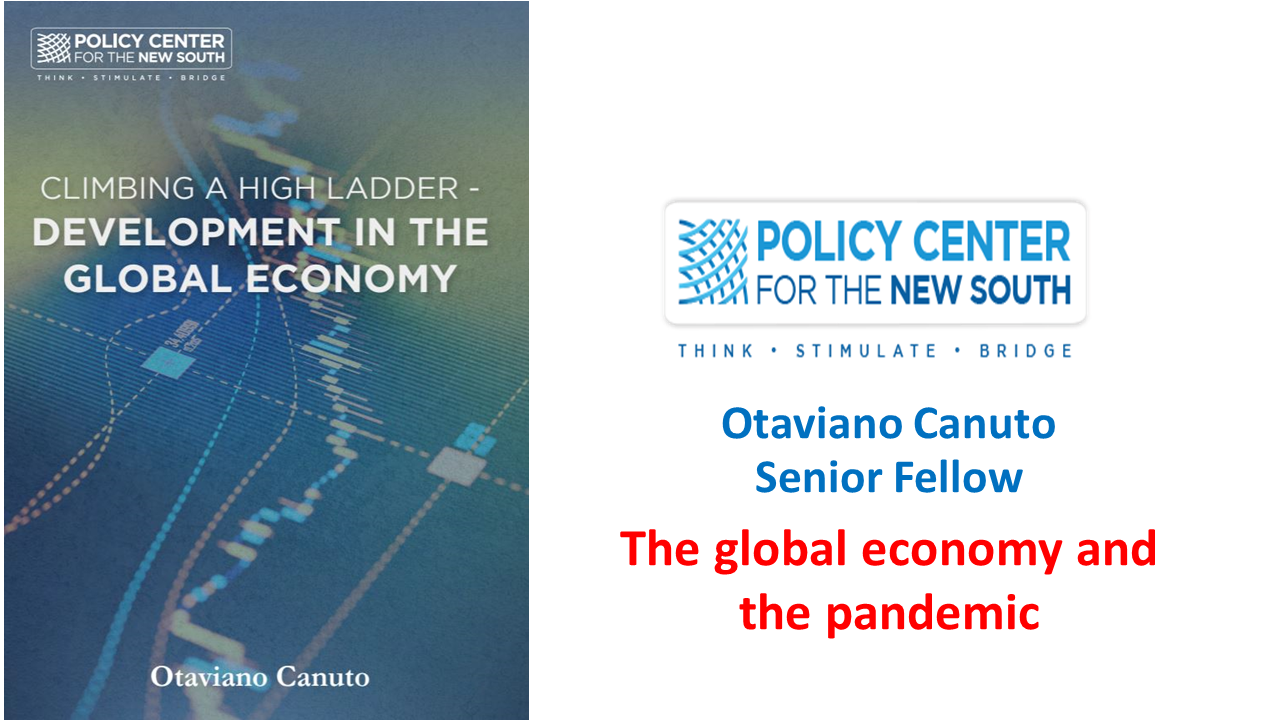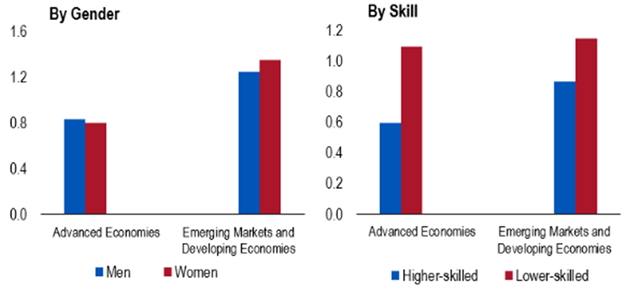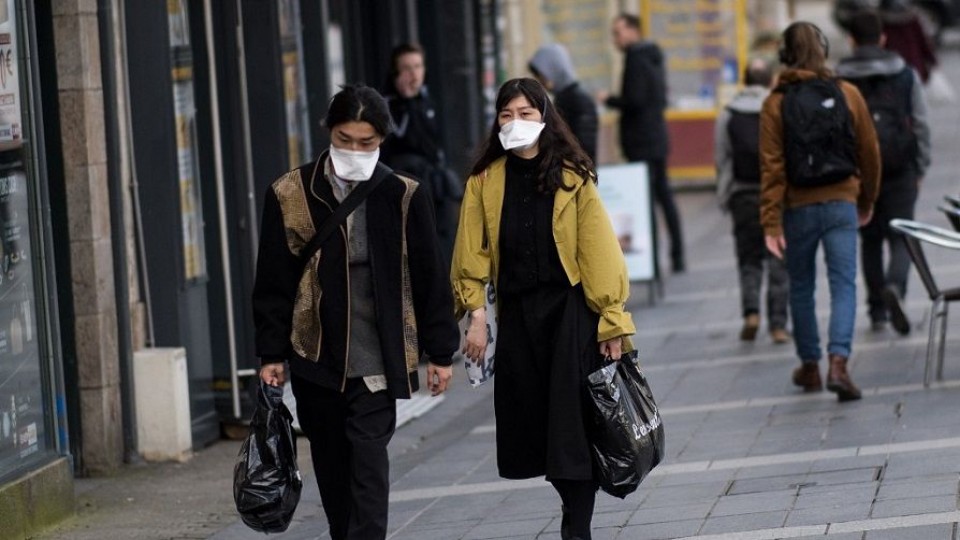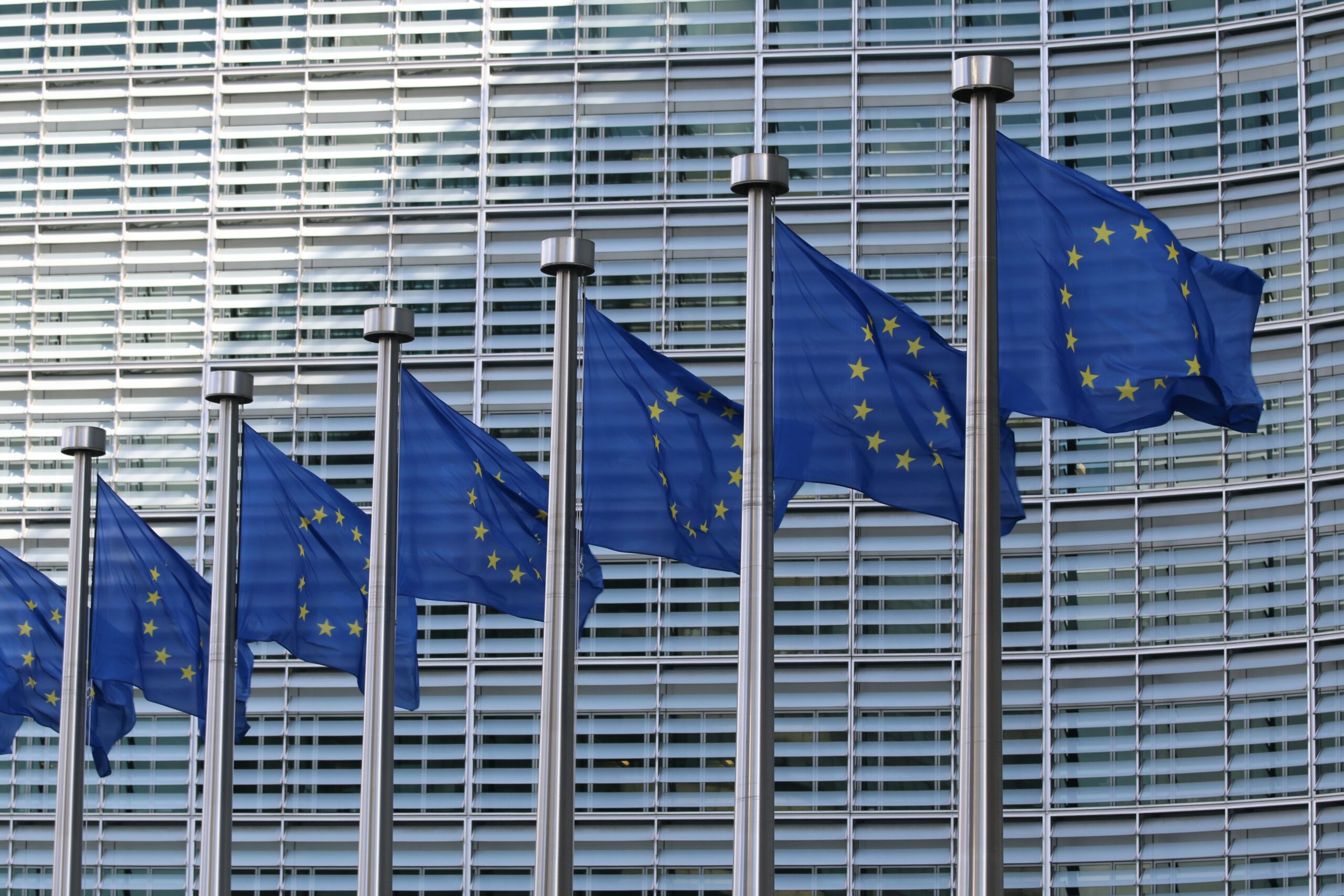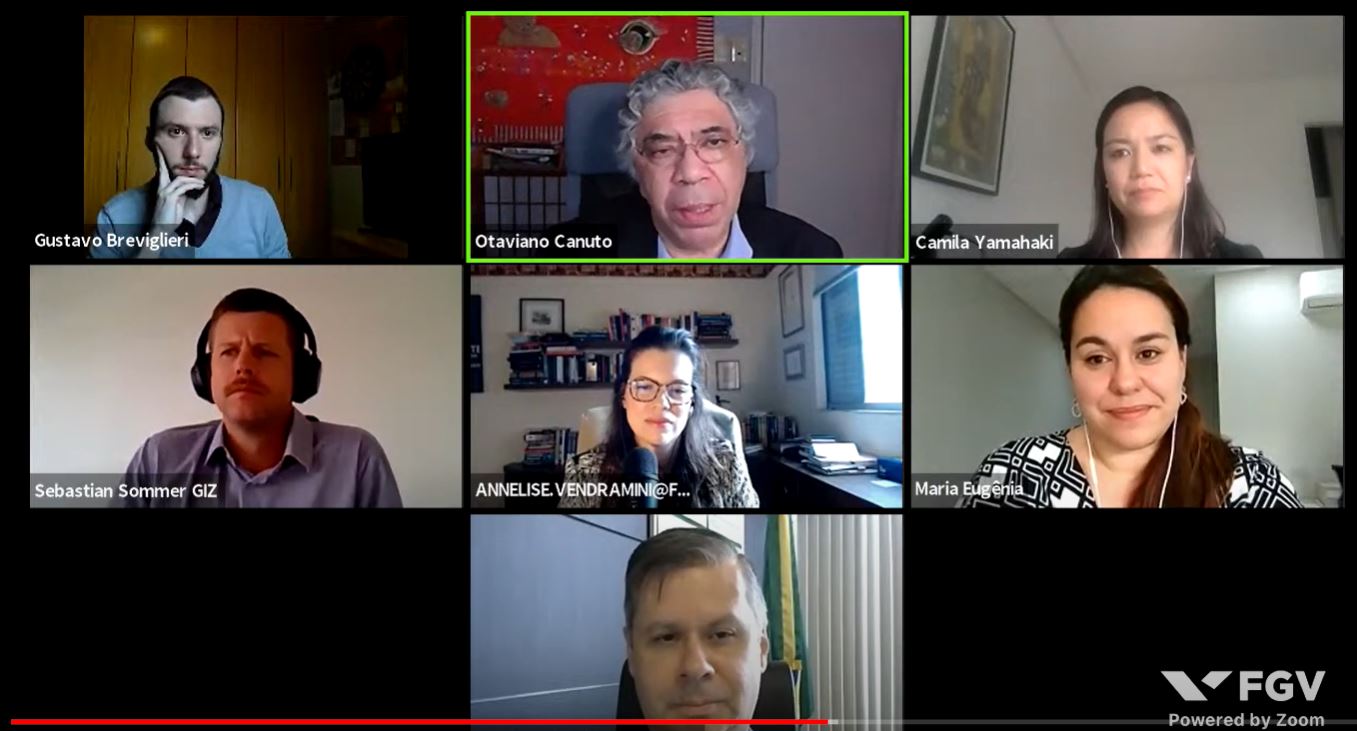The Post-Pandemic Great Reset
The crisis recovery has been uneven, unequal, and incomplete, within and among countries. Additionally, we wonder about to what extent the pandemic has accelerated history by reinforcing some previous trends, leading the world to a “great reset”. Among the enduring consequences of the pandemic, four of them are here highlighted: digital transformation has been speeded up; globalization will be reshaped; higher public debt will be a legacy from the crisis; and some economic scarring from the pandemic in labor markets may be expected.


